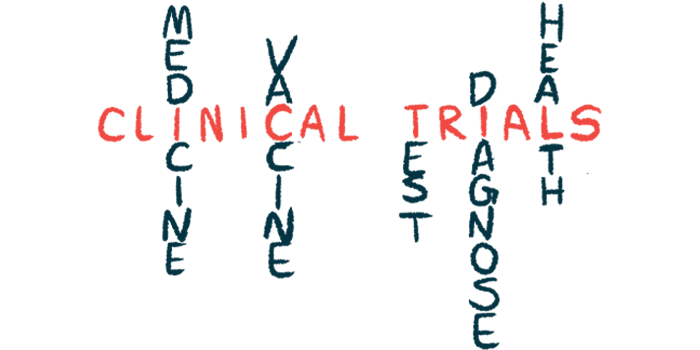Sharp gearing up to move Gaucher disease treatment ‘901 to trial
Developer taps Rho to help prep FDA application for testing OK
Written by |

Sharp Therapeutics is gearing up to ask the U.S. Food and Drug Administration (FDA) for permission to begin testing its Gaucher disease treatment candidate ‘901 in clinical trials.
The developer, a preclinical-stage biotechnology company, announced that it’s engaged the contract research organization Rho to help it put together its investigational new drug application, or IND, to the FDA. An IND is a formal request asking the regulatory agency for permission to start testing an experimental therapy in human trials.
Before the FDA clears such clinical testing, drug developers need to conduct a comprehensive battery of preclinical tests showing that the therapy is likely to be safe in people.
“We are excited by the preclinical data from our Gaucher candidate, ‘901, and look forward to Rho’s support in preparing our IND and other filings,” Scott Sneddon, PhD, CEO of Sharp, said in a company press release announcing the agreement. Sneddon said Sharp also will ask the FDA to grant orphan drug status to ‘901, a designation granted to treatments for rare diseases, like Gaucher, to incentivize their development.
“We intend to meet with [the] FDA on our Phase [1] clinical plan, and to file for orphan drug designation this year,” Sneddon said, adding that “IND-enabling studies are also planned to commence before [the] end of 2025.”
‘901 being developed as treatment for all Gaucher disease types
A genetic disease, Gaucher is caused by mutations in the gene that provides instructions to make the enzyme glucocerebrosidase, known as GCase. The enzyme is needed to break down certain fatty molecules in the body. In Gaucher disease, the enzyme is either missing or doesn’t function correctly, so these fatty molecules cannot be broken down and build up in cells, ultimately driving disease symptoms.
‘901 is an orally available small molecule that’s designed to boost the activity of the faulty GCase enzyme so that it is better able to clear out the fatty molecules that build up in Gaucher patients. According to Sharp, the treatment was found to be able to increase GCase activity in experiments done using cells from people with Gaucher.
Sharp is developing the therapy for all types of Gaucher disease. Type 1 is the most common, and is marked by the absence of neurological symptoms. Types 2 and 3 are rarer, and are both marked by neurological symptoms. Such symptoms are severe and rapidly progressive in the case of type 2, and milder and gradually progressive in the case of type 3.
Available treatments are generally effective for managing nonneurological symptoms of the disease, but there are none proven to slow neurological disease progression in people with Gaucher types 2 and 3. Given that ‘901 is able to cross into the brain, it could potentially help address neurological complications in people with these forms of the disease, its developer notes.
Sneddon called the new agreement “a key milestone for Sharp as we transition from a preclinical-stage to a clinical-stage company.”




